A writer already touched by greatness.' Declan Kiberd, Irish Times
'This is one of the most exceptional collections of short stories to be published by any Irish writer in recent years. Claire Keegan writes with the most extraordinary grace. Her words and images float. Many of the stories are unforgettable. This book will surely place her where she truly belongs: among the greatest practitioners of the short-story form now writing.' -Joseph OConnor, author of Star of the Sea
In her long-awaited second collection, Claire Keegan observes an Ireland wrestling with its past, and it is against this landscape that the stories of Walk the Blue Fields so beautifully articulate all the yearnings of the human heart.
A long-haired woman moves into the priests house and sets fire to his furniture. That Christmas, the electricity goes out. A forester mortgages his land and goes off to a seaside town looking for a wife. He finds a woman eating alone in the hotel. A farmer wakes half-naked and realises the money is almost gone.
A Harvard student flies south to celebrate his birthday at his step-father's condominium by the sea. While the scent of hay drifts up from neighbouring fields, a teenage immigrant articulates the reason for her going. And in the title story, a priest waits at the altar for a bride and battles, all that wedding day, with his memories of a love affair.
Claire Keegan was raised on a farm in Wicklow. Her first collection of stories, Antarctica, won The Rooney Prize for Irish Literature and was a Los Angeles Times Book of the Year. Her stories have won The Olive Cook Award, The Kilkenny Prize, The Martin Healy Prize, The Macaulay Fellowship, The William Trevor Prize and The Francis MacManus Award. She was also a Wingate Scholar. She lives in rural Ireland.
Praise for Antarctica:
'When it comes to dialogue, Keegan has oblique genius. With incident, Keegan has an unerring sense of odd pathos. With conclusions, Keegan is unprecedented ... Reading these stories is like corning upon work by Ann Beattie or Raymond Carver. Los Angeles Times
Among the finest stories written recently in English. Observer
WALK THE BLUE FIELDS
by the same author ANTARCTICA
Walk the Blue Fields
CLAIRE KEEGAN
faber and faber
First published in 2007 by Faber and Faber Limited 3 Queen Square London wciN 3AU
All rights reserved Claire Keegan, 2007
The right of Claire Keegan to be identified as author of this work has been asserted in accordance with Section 77 of the Copyright, Designs and Patents Act 1988
This book is sold subject to the condition thlt it shall not, by way of trade or otherwise, be lent, resold, hired out or otherwise circulated without the publisher's prior consent in any form of binding or cover other than that in which it is published and without a similar condition including this condition being imposed on the subsequent purchaser
A CIP record for this book is available from the British Library
isbn 976-1-571-23306-) isbn 0-571-23306-1
For Jim and Claire
.jpg)
CONTENTS
The Parting Gift
Walk the Blue Fields
Dark Horses
The Forester's Daughter
Close to the Water's Edge
Surrender
Night of the Quicken Trees
The Parting Gift
.jpg)
When sunlight reaches the foot of the dressing table, you get up and look through the suitcase again. It's hot in New York but it may tum cold in winter. All morning the ban-t^ cocks have crowed. It's not something you wil miss. You must dress and wash, polish your shoes. Outside, dew lies on the fields, white and blank as pages. Soon the sun wil bum it off. It's a fine day for the hay.
In her bedroom your mother is moving t^ngs around, ope^^g and closing doors. You wonder what it will be like for her when you leave. Part of you doesn't care. She talks through the door.
'You'll have a boiled egg?'
'No thanks, Ma.'
'You'll have something?'
'Later on, maybe.'
'I'll put one on for you.'
Downstairs, water spiUs into the kettle, the bolt slides back. You hear the dogs rush in, the shutters folding. You've always preferred this house in summer: cool feeling in the kitchen, the back door open, scent of the dark wallflowers after rain.
In the bathroom you brush your teeth. The screws in the mirror have rusted, and the glass is cloudy. You look at yourself and know you have failed the Leaving Cert. The last exam was history and you blanked out on the dates. You confused the methods of warfare, the kings. English was worse. You tried to explain that line about the dancer and the dance.
You go back to the bedroom and take out the passport. You look strange in the photograph, lost. The ticket says you will arrive in Kennedy Airport at 12.25, much the same time as you leave. You take one last look around the room: walls papered yellow with roses, high ce^ng stained where the slate came off, cord of the electric heater swinging out like a tail from under the bed. It used to be an open room at the top of the stairs but Eugene put an end to all of that, got the carpenters in and the partition built, instailed the door. You remember giving you the key, how much that meant to you at the time.
Downstairs, your mother stands over the gas cooker waiting for the pot to boil. You stand at the door and look out. It hasn't rained for days; the spout that runs down from the yard is little more than a trickle. The scent of hay drifts up from neighbouring fields. As soon as the dew bums it off, the Rudd brothers will be out in the meadows tu^rning the rows, saving it while the weather lasts. With pitchforks they'll gather what the baler leaves behind. Mrs Rudd will bring out the flask, the salad. They will lean against the bales and eat their fill. Laughter will carry up the avenue, clear, like birdcall over water.
'It's another fine day.' You feel the need for speech.
Your mother makes some animal sound in her throat. You to look at her. She wipes her eyes with the back of her hand. She's never made any aUowance for tears.
'Is Eugene up?' she says.
'I don't know. I didn't hear ^m.'
'I'll go and wake ^m.'
It's going on for six. StiU an hour before you leave. The saucepan boils and you go over to lower the flame. Inside, three eggs knock against each other. One is cracked, a ribbon streaming white. You turn down the gas. You don't like yours soft.
Eugene comes down wearing his Sunday clothes. He looks tired. He looks much the same as he always does.
'Well, Sis/ he says. 'Are you all set?'
'Yeah.'
'You have your ticket and everything?'
'I do.'
Your mother puts out the cups and plates, slices a quarter out of the loaf. This knife is old, its teeth worn in places. You eat the bread, drink the tea and wonder what Americans eat for breakfast. Eugene tops his egg, butters bread, shares it with the dogs. Nobody says anything. When the clock strikes six, Eugene reaches for his cap.
'There's a couple of things I've to do up the yard/ he says. 'I won't be long.'
'That's all right.'
'You'd want to leave on time/ your mother says. 'You wouldn't want to get a puncture.'
You place your dirty dishes on the draining board. You have nothing to say to your mother. If you started, you would say the wrong things and you wouldn't want it to end that way. You go upstairs but you'd rather not go back into the room. You stand on the landing. They start talking in the kitchen but you don't hear what they say. A sparrow swoops down onto the window ledge and pecks at his reflection, his beak striking the glass. You watch him until you can't watch him any longer and he flies away.
Next page
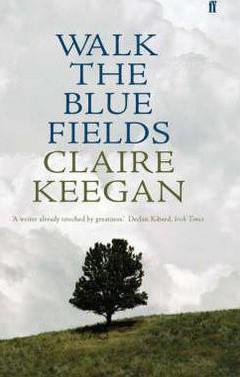
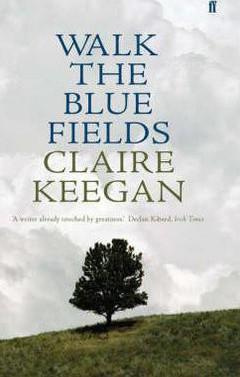

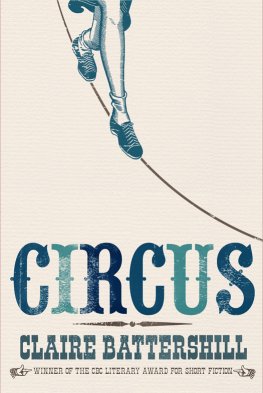
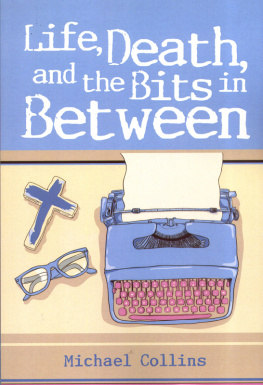
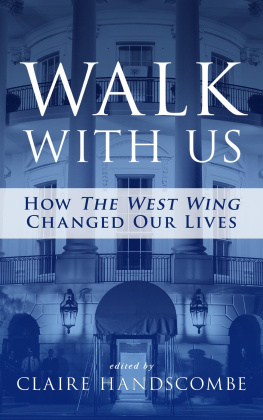
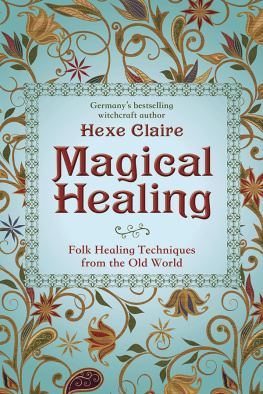
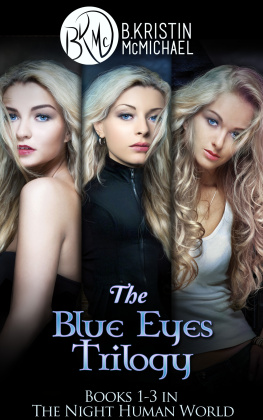
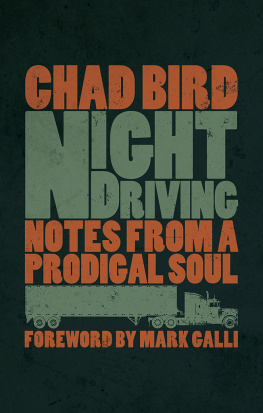

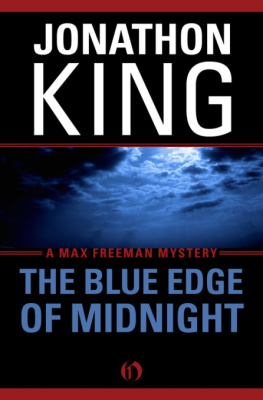


.jpg)
.jpg)